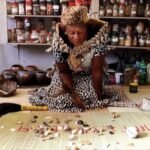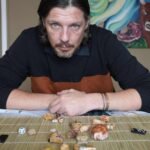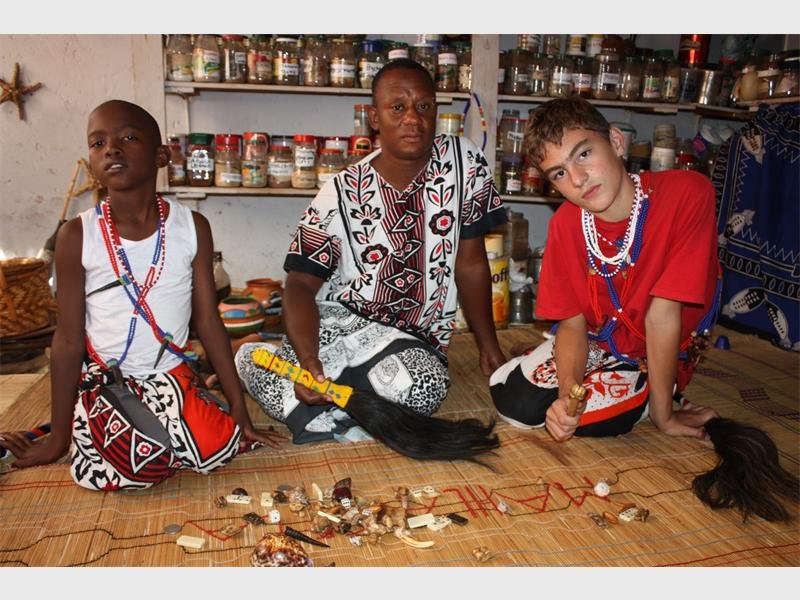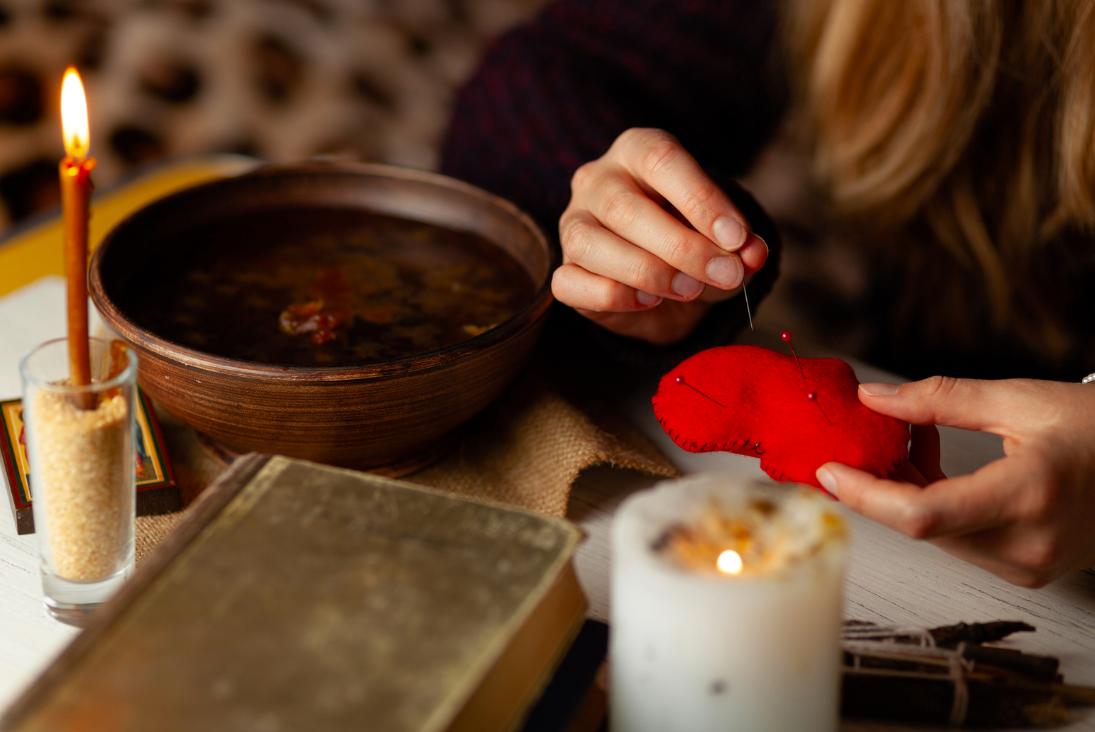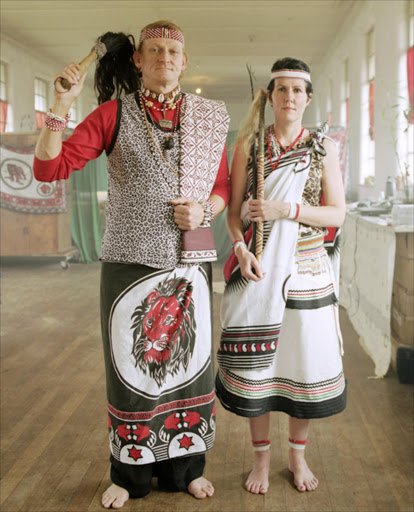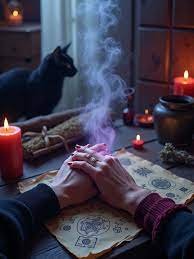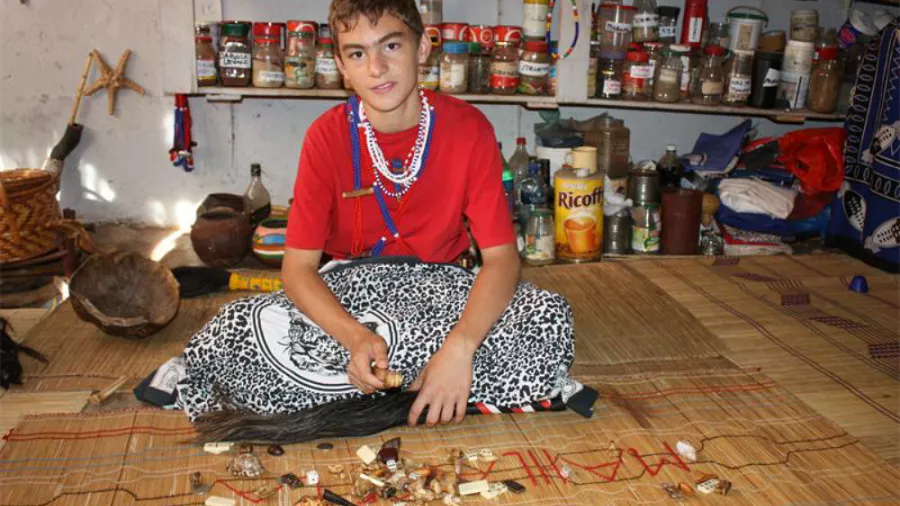Vetting a trustworthy traditional healer (like a sangoma or inyanga) in South Africa is essential to ensure you’re working with someone who is authentic, ethical, and spiritually grounded. While traditional healing is deeply rooted in cultural and ancestral wisdom, unfortunately, there are also many imposters who exploit vulnerable people. Here’s how to vet a reliable healer:
- Check for Registration with the Traditional Healers Organization (THO)
South Africa legally recognizes traditional healers under the Traditional Health Practitioners Act.
Look for healers registered with organizations like the THO or African National Healers Association (ANHA).
- Ask About Their Ukuthwasa Training
A legitimate sangoma has undergone ukuthwasa, a recognized spiritual initiation process.
Ask: Who trained you? Where did you train? For how long?
Real healers usually speak openly about their gobela (mentor) and their calling.
- Referrals and Word-of-Mouth
In many communities, the reputation of a healer is everything.
Ask trusted family, friends, or community elders if they know a good healer.
Look for someone with a solid history of helping others with integrity.
- Transparency About Fees and Services
A trustworthy healer will:
Be clear about costs upfront.
Avoid pressuring you into paying more for “stronger spells” or urgent rituals.
Not guarantee instant results—healing and spiritual work take time.
Red flags include:
- Asking for excessive money.
- Claiming 100% guaranteed results in love, money, or revenge.
- Using fear tactics or curses to manipulate you.
- Observe Their Practice Ethically
Watch for:
Clean, respectful, and culturally appropriate rituals.
Respect for both ancestral spirits and clients’ dignity.
Willingness to refer you to medical professionals if needed.
- Listen to Your Intuition
Spiritual work is deeply personal. If something feels off, trust your instincts.
You should feel safe, seen, and spiritually grounded in their presence—not fearful or confused.
- Online Presence and Reviews
Some genuine traditional healers now operate websites or social media accounts.
Check if they have testimonials, educational content, or respectful engagement online.
Be cautious with too many “miracle cure” claims.
- Ask Questions
Don’t hesitate to ask:
“How do you work with ancestors?”
“What kinds of cases do you specialize in?”
“Can you help me understand the ritual before we begin?”
A real healer welcomes curiosity and doesn’t rush you into anything.
